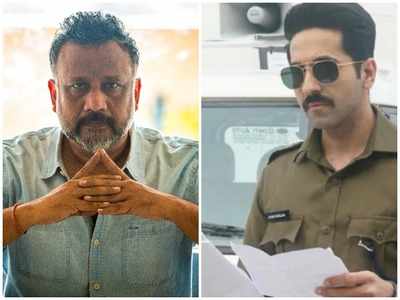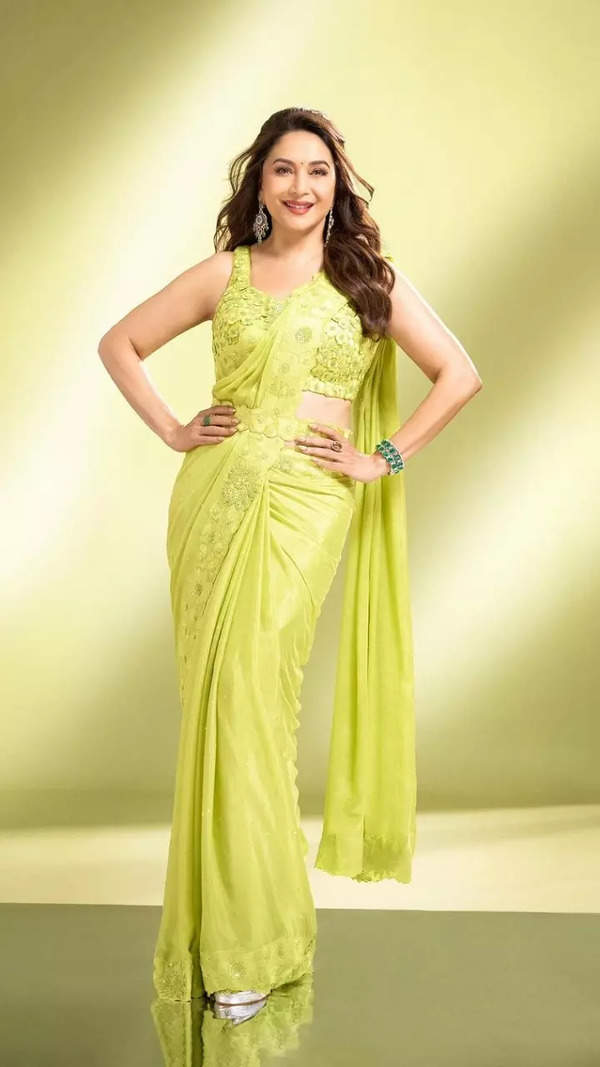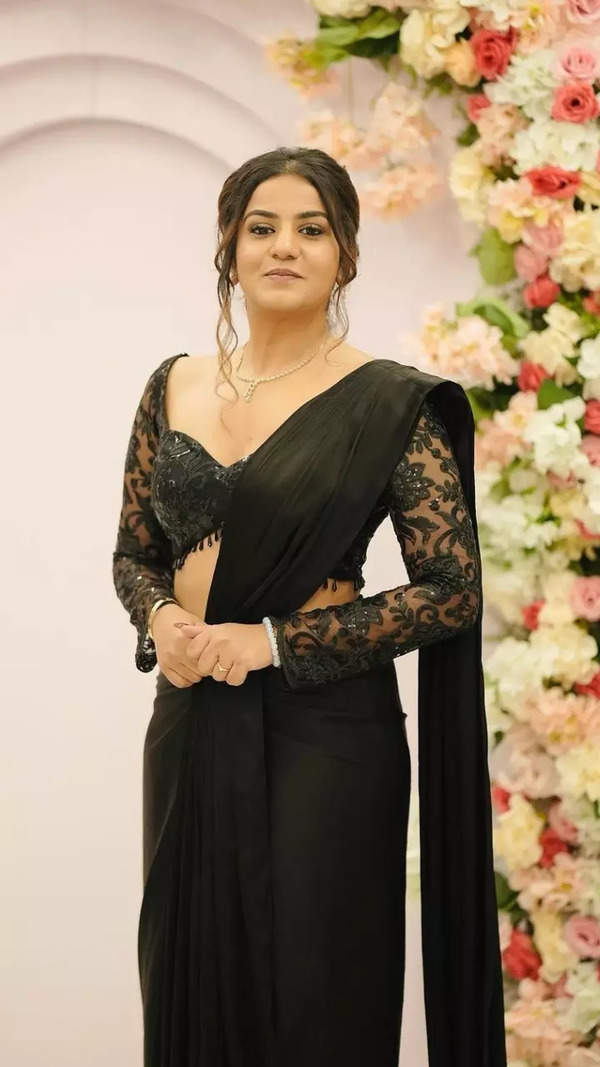- News
- entertainment
- hindi
- bollywood
- Anubhav Sinha: How can people think that I support cast divide with a film that objects to the caste system?
Trending
This story is from June 26, 2019
Anubhav Sinha: How can people think that I support cast divide with a film that objects to the caste system?
The filmmaker talks about Article 15, his next with Ayushmann Khurrana

While he has been creating content for decades now, it has taken director-writer Anubhav Sinha a film like Mulk to realise his true creative calling. Gearing up to release Article 15, the filmmaker talks to us about casting Ayushmann Khurrana as an intense cop and braving controversies with socially-relevant films. Excerpts:
You’ve said that Ayushmann Khurrana cast himself in this film. He’s never played a character which is so intense.Weren’t the two of you in talks for another film?
Yes, we met for another film. It was two weeks after Mulk (2018) released. He had seen my film and loved it. We both wanted to work with each other. When he met me, I told him about an intense relationship story, the kind he hadn’t done before. But by the time our meeting ended, he asked me if I had a subject something socially-relevant. I told him about Kanpur Dehat (the original title for Article 15) which I had pushed to the backburner because I didn’t know whom to cast in the lead. I also told him that I couldn’t envision him in it. However, he insisted on reading the script, and pursued me to cast him in it. When I looked up his pictures on the internet, I could only find happy-go-lucky photos, but when I saw him on the set, in the uniform, doing his scenes, I realised just how convinced he was about playing the role.
Did you ever feel that he took a while to step into such an intense, hard hitting character, given that most of his work in the past demanded a very different mindset and approach?
Not at all, he never got rattled with any scene, no matter how difficult it was. Yes, he was slightly thrown-off one day, when I re-wrote a lengthy scene overnight. He was ready on the set before I arrived and was taken aback when I told him about the change. I gave him just an hour to prepare. He was nervous when he came on the floor, but he just took five-seven minutes to ease into the scene.
Does his character have references of real police officers?
The part is not based on any one officer, because the film has its roots in multiple incidents. Yes, as a part of his preparation, he met a few cops that he knew and a few that I introduced him to. He hung out with them during their off-duty hours and picked up their body language. He also picked up the lehza, but the emotional side of the character was something he brought to the table.
You were asked to mute certain discriminatory words from the theatrical trailer of Article 15, while it was retained in the online version. After the film was passed by the Central Board of Film Certification (CBFC) with minor cuts and a U/A certificate, fringe groups are now objecting to the release of the film...
Unfortunately, today, if you deal with any subject other than a quintessential potboiler, you will face obstacles. The CBFC has to look at a film from the perspective of the Cinematograph Act, 1952, penned at a time when no one could say where our society was headed, let alone films. Things have changed so much since. While there have been minor changes in the Act, the Parliament has not had the time to make serious amendments to it. The Act states vague things like no religious sentiments should be hurt. We need more clarity. No government since Independence, has empowered the CBFC with a strong law and order backing to ensure that if they clear a film, it gets to the theatre without any trouble. It’s a big hurdle. As for me, I faced difficulties getting Mulk cleared, but Article 15, despite being a sensitive subject, was cleared with just four cuts. Whatever was beeped out in the trailer has been retained in the film.
Since the story revolves around a social issue, encountering objections from various groups is almost inevitable. Didn’t that occur to you while making the film?
No, I can’t think of making a statement and playing it safe in the same breath. There have been so many opinion pieces making comments about the film, when the commentators have not even watched it. People jump the gun, and suddenly make a mountain out of a molehill. I haven’t seen Padmaavat but I’m told it showed Rajputs in good light, and yet, people were objecting to it. In my case, there are people appreciating and criticising me for making the protagonist a Brahmin. My point is, how can they think that I support cast divide with a film that objects to the caste system? Ours is a diverse and a difficult country. As filmmakers, we need to be patient while dealing with problems like people raising a concern without even knowing what’s in the movie. For those objecting to my film without seeing it, I’d just say, Mera paigham mohabbat hai, jahan tak pahunche...
End of Article
FOLLOW US ON SOCIAL MEDIA









